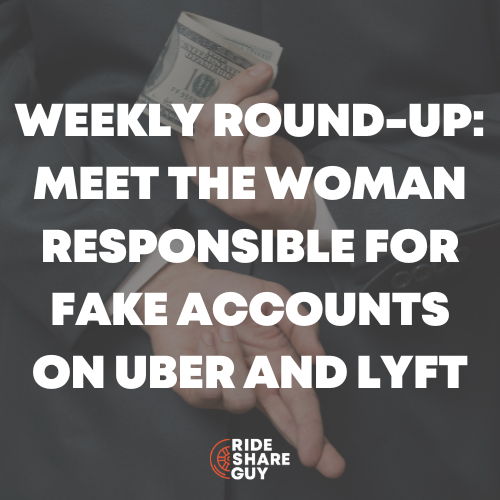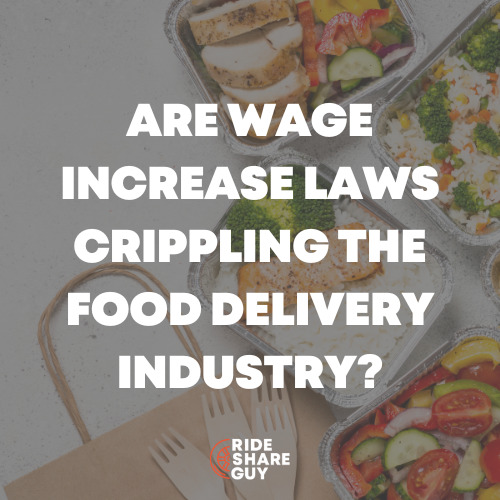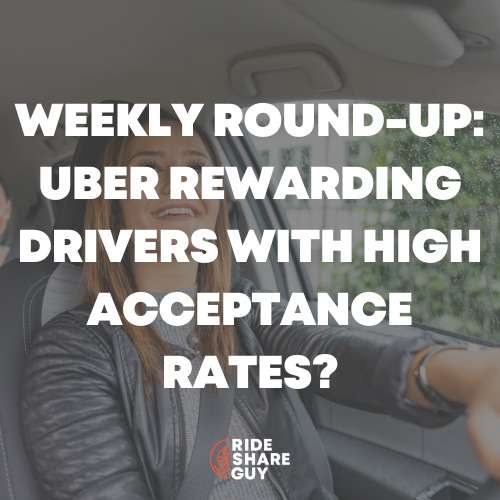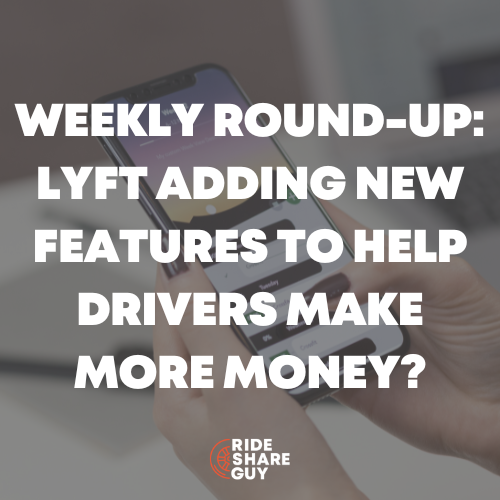Since the rise of rideshare, there has been friction with taxi companies. That friction has not eased years later despite partnerships between rideshare and taxi companies to make the crossovers more palatable for all concerned.
Meanwhile, in California, a court ruling goes against Uber and favors drivers.
New York City Taxis Fight For Survival Against Uber And Lyft
Topic Originally Appeared On CNBC
Summary
New York City’s yellow taxis have been a symbol of the metropolis for decades. But taxi drivers only make up about 10% of the total driver landscape in the city — giving way to Uber and Lyft.
While this is mainly due to consumer choice and the ease of ordering a ride-share car, it’s also a result of the tough work conditions taxi drivers have faced. They work an average of 9.5 hours a day, six days a week, according to the Journal of Transport & Health. In addition, to driving a taxi, drivers have to own or lease a medallion, which can cost a fortune.
Medallions reached a hefty price of over $1 million in the early 2010s after being artificially inflated by predatory lending, the lure of a rare asset, and industry leaders purposefully overpaying.
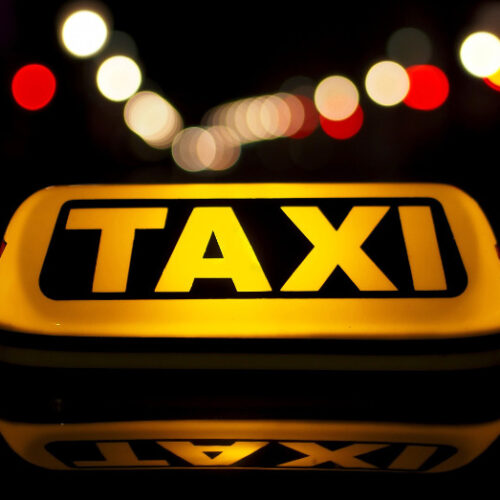
My Take
If rideshare has done anything in its tenure, it has disrupted the taxi industry, especially in major cities like NYC, where taxis are a staple. Some might say taxi drivers should just switch sides and become Uber drivers.
But so many taxi drivers have spent a fortune on their medallions, and NYC is notorious for having a cap on how many Uber drivers they will “hire” at any given time. It all depends on supply and demand.
Listen to Harry’s podcast episode Uber x Taxis to learn about the differences and if they could potentially live together in harmony.
Court Rules Against Uber In Major Win For California Workers
Topic Originally Appeared On The Guardian
Summary
On Monday, Uber must face a lawsuit claiming it should have covered UberEats drivers’ work-related expenses, California’s top court said. It could be a significant blow to companies in the largest US state and a win for labor advocates.
In a unanimous ruling, the California supreme court said UberEats driver Erik Adolph did not give up his right under state law to sue on behalf of a large group of workers even though he signed an agreement to bring his own work-related legal claims in private arbitration.
Adolph sued Uber in 2019, claiming the company misclassified UberEats drivers as independent contractors rather than employees, who must be reimbursed for work expenses under California law.
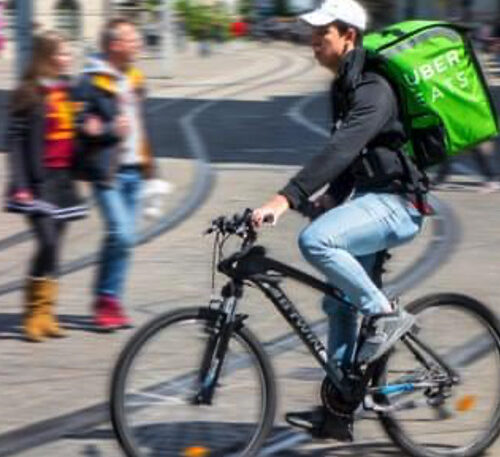
My Take
The legal battle between driver classification has been heated and honestly hit or miss in California. It seems to change on a case-by-case basis. This is one of the few cases where the courts are in favor of the driver instead of the rideshare platform.
Will this ruling affect future lawsuits against Uber and other platforms? Learn from this experience and proceed as you see fit for your situation.
Uber, Lyft Get New Competition In Rideshare Battle
Topic Originally Appeared On Fox Business
Summary
Another player is joining the U.S. ride-share market.
InDrive, which differentiates itself through its bid-based business model, is making its U.S. debut in South Florida on Thursday.
The privately owned international ride-hailing company launched in 2012 and has expanded into 48 countries around the world. The company, which surpassed a $1 billion valuation in 2021, claims that it’s the world’s fastest-growing online ride-sharing service with 175 million app downloads.
Adam Warner, inDrive operations strategy director of America, isn’t concerned about competitors Uber and Lyft, which have been going head-to-head to dominate the ride-share industry….
My Take
I haven’t heard of inDrive before. We at RSG haven’t written about them before. It’s been around since 2012 but is coming to the U.S. for the first time this week.
It has a different business model from most rideshare platforms in existence today. This might help them stand out. Or it might be part of their downfall in the U.S. Only time will tell. If you are a driver, would you consider signing up for a platform that offers a bid-based business model? Why or why not would that be appealing to you?
Lyft Steps In After Columbus Family Unable To Use Uber Because Of Last Name
Topic Originally Appeared On ABC
Summary
A Columbus woman got a surprise from Lyft after sharing that her entire family couldn’t use Uber because they happen to have the same last name as the company.
Michele Uber, the owner of QuickStitch Plus, shared online that she and her family could not sign up for Uber because the app wouldn’t allow them to use their last name. Lyft said her kids’ accounts were also removed….
My Take
I admit, I had to read this article just to see what the name was. I was racking my brain trying to figure out what name would not allow her specifically on Uber’s platform. I did not expect the name to be Uber.
I mean, I kind of see where Uber comes from with this, just because any driver picking them up might think it’s a prank…but it’s not like drivers can see last names anyway. So, as long as they were able to prove to Uber that their last name was, in fact, Uber, I don’t really see the issue.
Good on Lyft for taking it as an opportunity to create a loyal customer in the Uber family.
New on RSG
Read more trending topics in the rideshare world:

